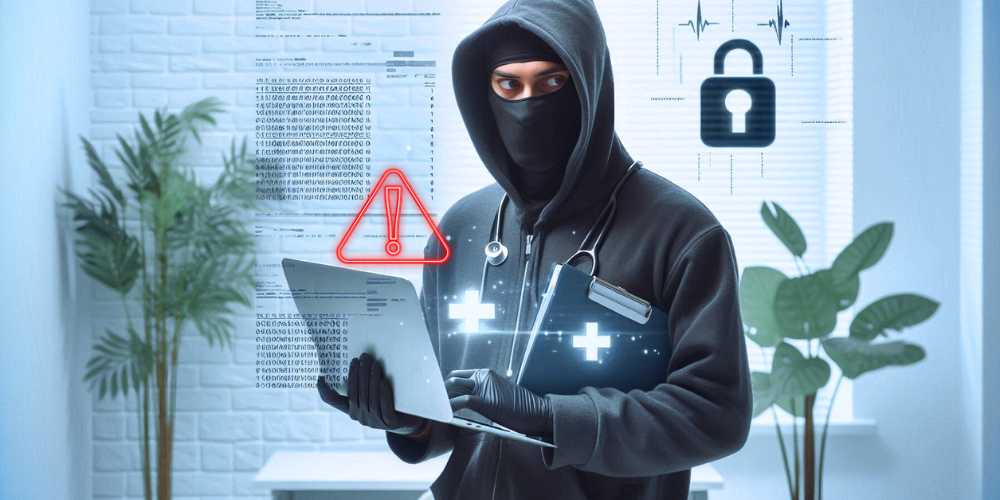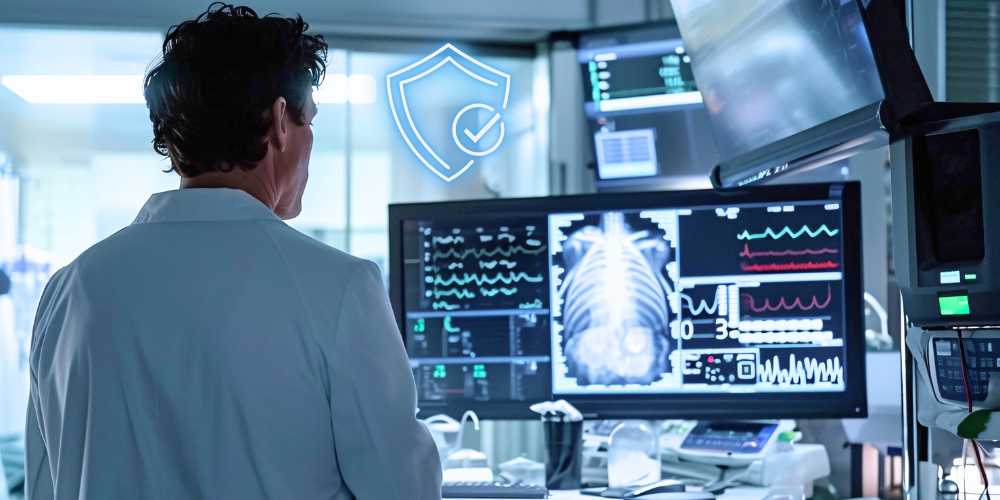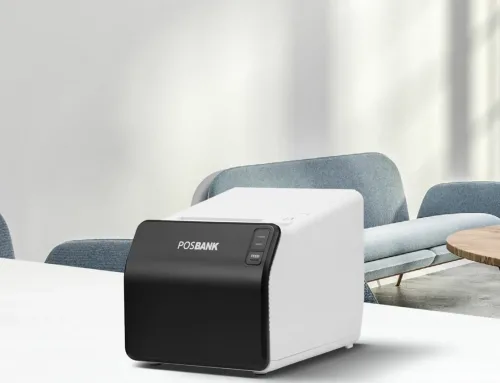As healthcare continues to embrace digital advancements, the risk of cyber threats targeting patient data protection has escalated. Safeguarding sensitive patient information and ensuring the security of electronic health records (EHRs) and medical devices has become a top priority for healthcare organizations. Cyber threats in healthcare not only compromise patient data but also jeopardize the integrity of entire healthcare systems.
Why Healthcare Needs Strong Cybersecurity
Healthcare organizations are prime targets for cybercriminals due to the vast amount of valuable patient data they handle. Breaches can result in the exposure of sensitive medical information, financial losses, and significant harm to a healthcare provider’s reputation.
To prevent such incidents, healthcare cybersecurity measures must be robust and multifaceted. This includes:
- Implementing encryption to protect EHR data.
- Ensuring medical devices are secure from cyber threats.
- Regularly updating security protocols to remain compliant with HIPAA cybersecurity standards.
Safeguarding Electronic Health Records (EHRs)
Electronic health record security is at the heart of patient care. EHRs contain detailed medical histories, personal data, and billing information – all of which are attractive to cybercriminals. By using EHR cybersecurity solutions, healthcare providers can:
- Prevent unauthorized access to patient records.
- Ensure data integrity during patient care processes.
- Reduce the risk of ransomware attacks that can cripple hospital operations.
Protecting Medical Devices from Cyber Threats
Another key concern is the vulnerability of medical devices connected to healthcare networks. From imaging machines to pacemakers, these devices can be exploited by hackers if not properly protected. Medical device cybersecurity protocols ensure that:
- Devices function safely without interference.
- Sensitive data transmitted by devices is encrypted.
- Hospitals can monitor and respond to potential threats in real time.
Preventing Healthcare Data Breaches
Data breaches in healthcare not only damage trust but can also have serious financial repercussions. Healthcare data breach prevention involves proactive monitoring and implementing ransomware protection solutions to safeguard networks. Key strategies include:
- Employing advanced firewalls and intrusion detection systems.
- Training staff on recognizing phishing and other malicious tactics.
- Utilizing cybersecurity solutions that protect against both internal and external threats.
Conclusion
Healthcare organizations must prioritize cybersecurity to protect patient data and ensure operational continuity. By adopting comprehensive cybersecurity solutions—ranging from EHR security to safeguarding medical devices—healthcare providers can reduce risks and protect their most valuable asset: patient trust.
For more information on how to enhance your healthcare organization’s cybersecurity framework, contact us to discuss custom solutions tailored to your needs. If you’d like to explore our full range of healthcare solutions, visit our Healthcare solutions page.








